Description
ABSTRACT
The Taxman’s Dilemma: Striking a Balance between Protection and Disclosure of Personal Information
Olagoke Odubunmi*
One government agency with an overwhelming statutory responsibility to protect and safeguard personal information in its custody is the Taxing Authority. In this regard, citizen’s financial information contained in tax returns filed with the taxing authorities are statutorily meant to be kept confidential by the taxing authority and its officers who by virtue of their office came into possession, knowledge or of such information. However, in our World of competing rights and responsibilities, there have arisen circumstances where necessity dictates that such information be disclosed. For instance, information on the tax return filed by a citizen or company in Country A, may be very germane and helpful to the taxing authority’s effort in Country B in their attempt to prevent the same individual or company or his/its close associates from evading his/its tax liability in their own jurisdiction. Thus, this has resulted in a concerted global collaborative effort in tackling tax evasion via the establishment of legal framework for the sharing of tax information across international borders. In this regard therefore, this article seeks to appraise the competing and conflicting situations where individuals’ tax information is concurrently legally required to be protected and disclosed at the same time, and seek to strike a balance between these competing and conflicting legal demands.
INTRODUCTION
The most recent global economic crisis of 2008/2009 with its attendant consequences, slowed down economic activities in many countries around the world, led to partial or full closure of businesses with attendant job cuts and job losses, wage cuts and increment in the number of unemployed around the world. Government revenue base derived from taxes was not also spared, but was rather seriously diminished thus leading to cuts in, suspension and cancellation of welfare and social security services provided by governments to its citizens.
While these problems persist, some companies performed very well in business during this period and raked in huge profits. Their success story at a time of global economic recession1 should have ordinarily served as a succor to the government of the States where they were incorporated or carry on business, as the taxation of such profits and income of employees of such companies would have alleviated/augmented the shortfalls in tax revenue of governments. Ironically, a substantial percentage of these profits are stacked away in tax havens via the instrumentation of transfer pricing and other tax avoidance mechanisms thereby leading to base erosion and profit shifting, and a consequential loss of revenue for government.2
* LL.M, BL. A Private Legal Practitioner based in Lagos, Nigeria
- Though some economists are of the view that the recent crisis that bedeviled the world economy is ‘a global economic crisis’ and does not qualify to be called ‘a recession’. From a practical point of view however, I could hardly differentiate between both in terms of substance and effect. Trying to distinguish both terms in my view is like looking for the difference between six and half a dozen
- For instance, Google the internet search giant has been criticised by UK Labour leader Ed Miliband, who told meeting of the firm’s staff that he was “disappointed” it had paid just £6m in corporation tax on UK sales worth £3.2bn in 2011. Google, most of whose UK profits are routed through Ireland, is one of several multinationals strongly criticised for organising their tax affairs in ways that minimise the amounts they pay in the UK. Mr Miliband, speaking at the Google Big Tent event in Hertfordshire, said the US company’s employees expected it to do the “right thing”, as its motto was “Don’t be evil”. He said: “I can’t be the only person who feels deeply disappointed that a great company like Google, with great founding principles, should be reduced to arguing that when it employs thousands of people in Britain, makes billions of pounds in revenue in Britain, it is fair that it should pay just a fraction of 1% of that in tax.” See <http://www.bbc.co.uk/news/uk-politics-22613205>
accessed 28 May 2013

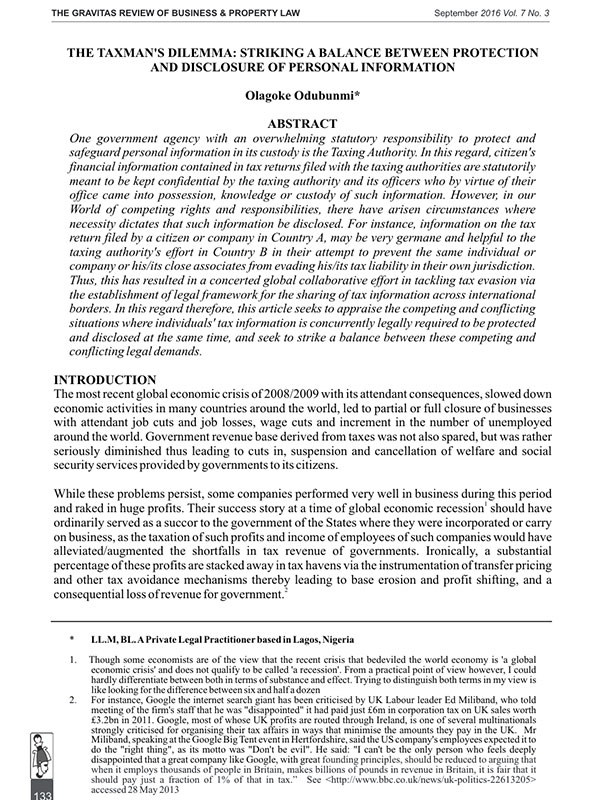
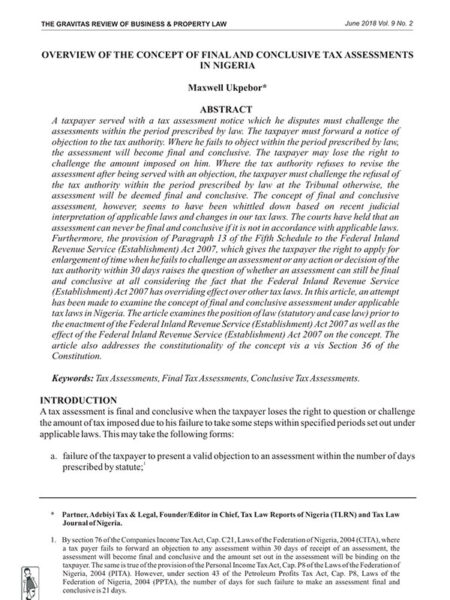
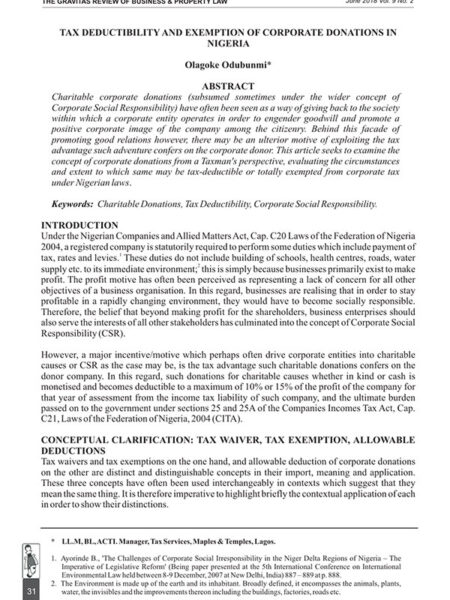
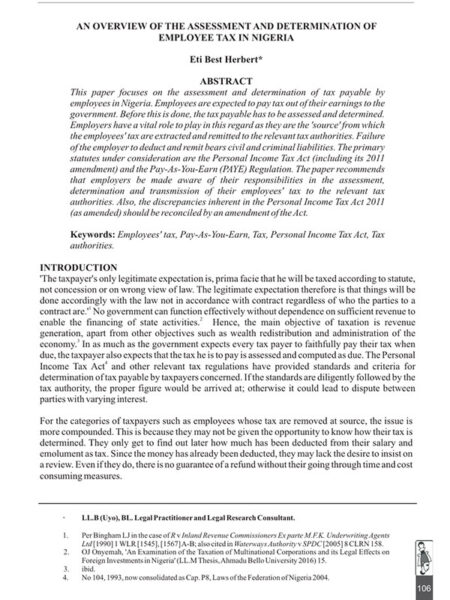
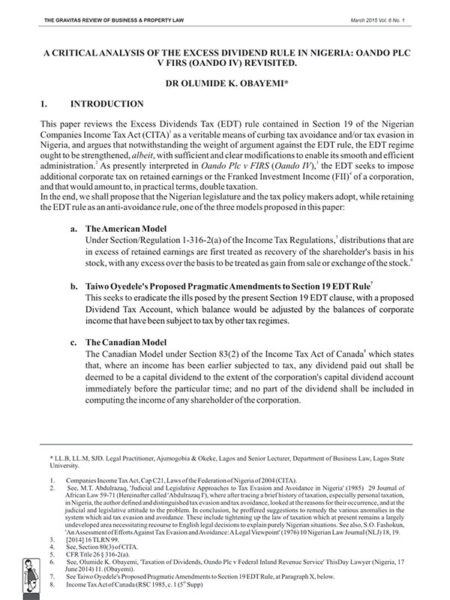


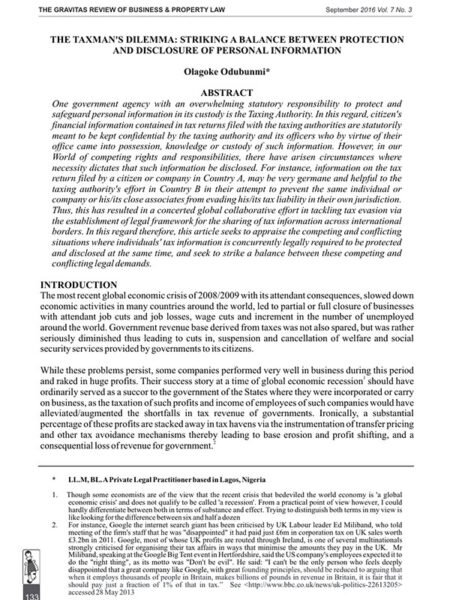
Reviews
There are no reviews yet.